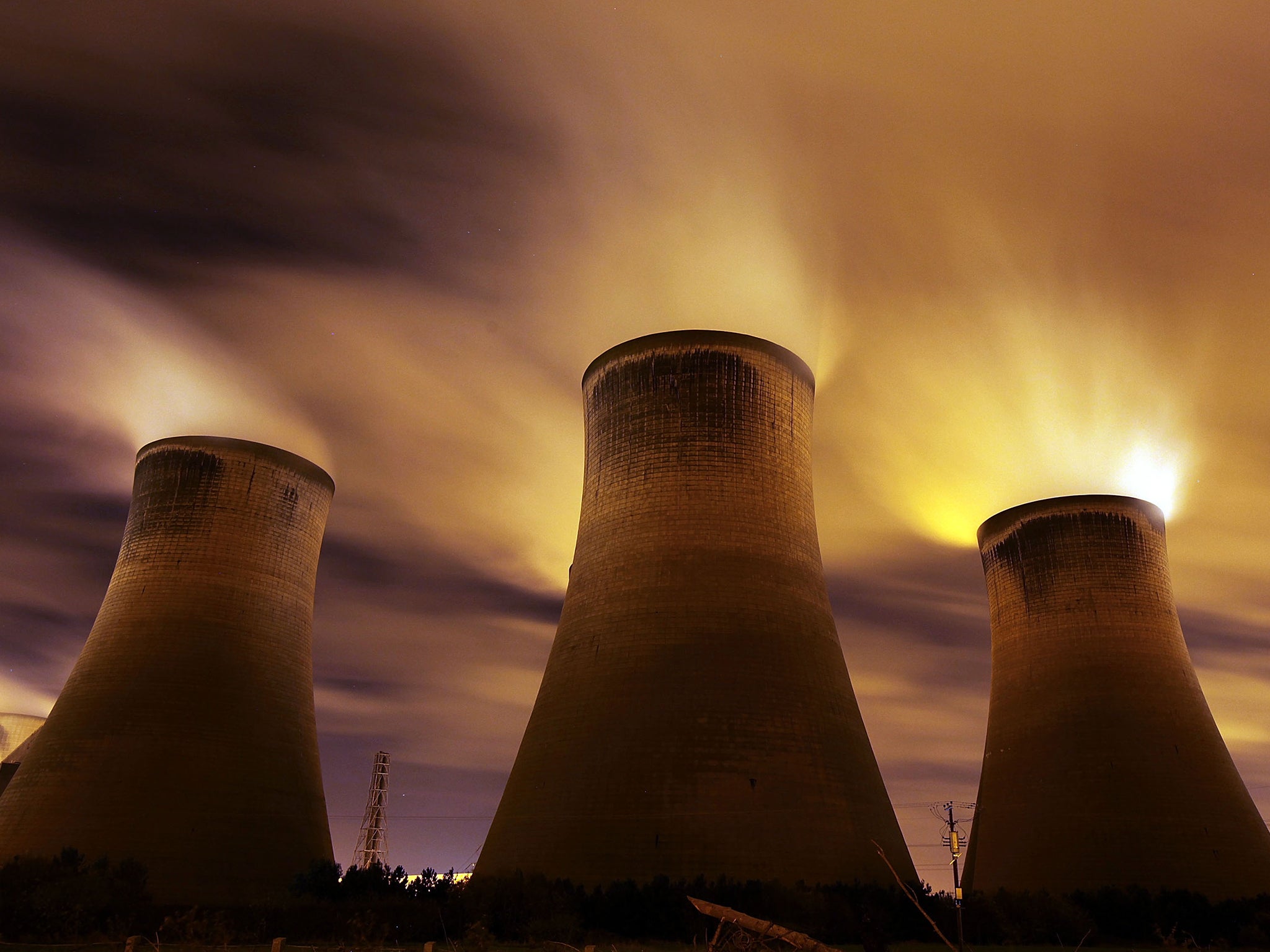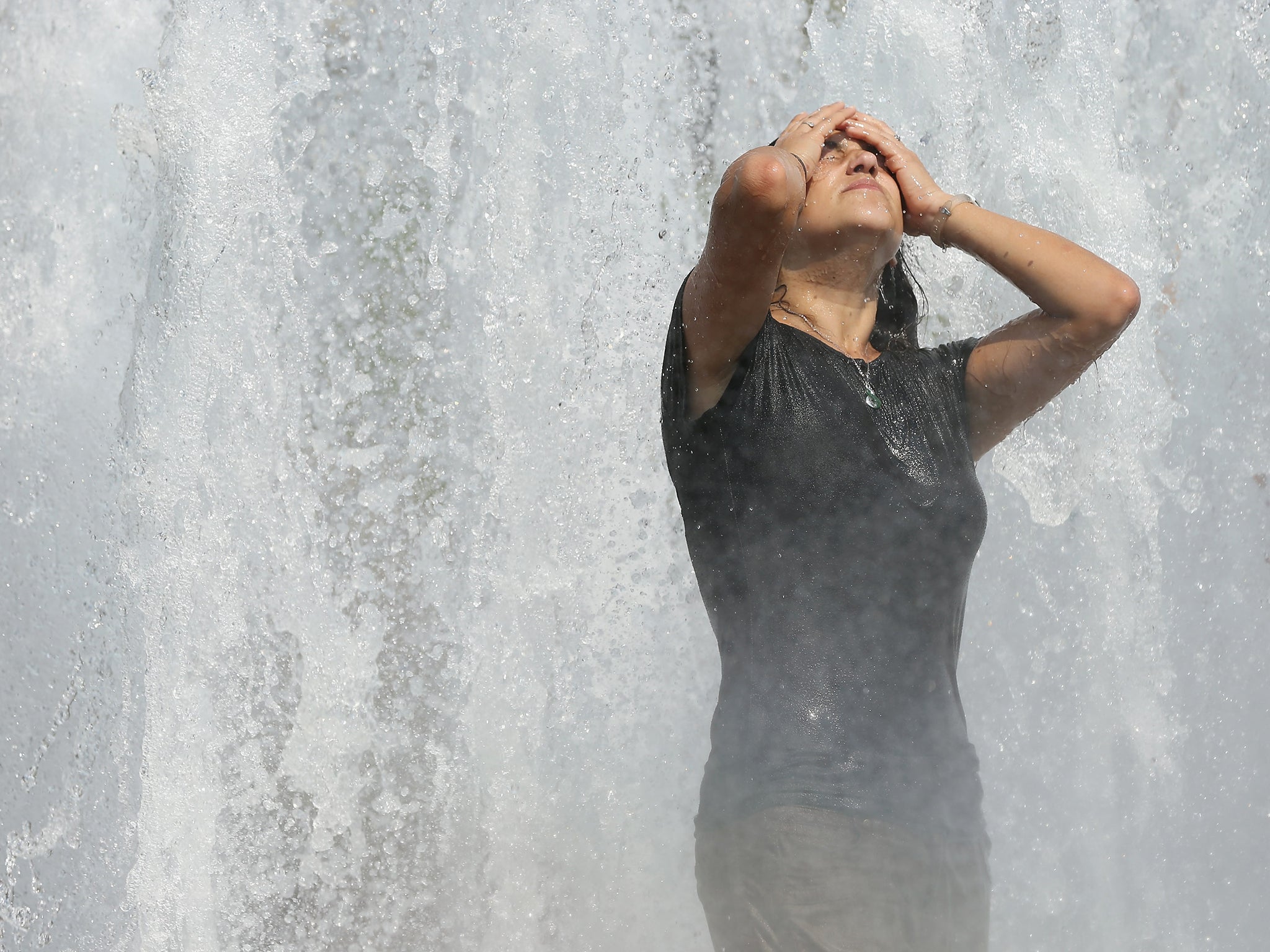Climate change scientists urged to be more open to the public about uncertainties
A new report calls for experts to communicate their research more clearly

Climate change scientists must be more honest about the limits of their knowledge and uncertainty around predictions if they are to win the trust of the public, according to a new report.
Scientists are under increasing pressure to communicate their research more clearly, to galvanise politicians into taking decisive action to combat climate change, and to help promote their universities.
They are also keen to make their findings meaningful to a public which feels alienated from much climate change research, which is largely abstract and concerned with developments that often lie decades in the future, said Dr Gregory Hollin, of the University of Nottingham.
But this increases the temptation to gloss over any uncertainties in research – an urge they should resist if they don’t want to lose credibility, his report says. And while referencing recent events such as floods and heatwaves can make climate change seem more tangible, they are much less scientifically certain as evidence.
“The most meaningful things are often the least certain things and so that potentially leads to difficulties because scientists are being asked to make their results really meaningful, while being incredibly certain. And there are instances when that leads to real tensions,” Dr Hollin told The Independent.
He acknowledged in some cases scientists are keen to play down uncertainties to limit the scope for climate sceptics to magnify their doubts and use it to attack research – but this approach makes the problem worse.The research, which Dr Hollin carried out with his colleague Dr Warren Pearce and is published in the journal Nature Climate Change, focused on a key press conference in 2013 when the UN Intergovernmental Panel on Climate Change unveiled its latest report.
The scientists repeatedly emphasised the finding that the decade from 2001 onwards was the hottest on record, to bolster the case that man-made climate change is happening and poses a major threat.

However, when asked about the widely perceived slowdown in global warming since the late 1990s – since shown by research in the US to be a fallacy – a scientist dismissed the question by saying that the period was too short to draw any meaningful conclusions.
“A switch to shorter periods made it harder to dismiss media questions about short-term uncertainties in climate science,” Dr Pearce wrote. “The fact scientists go on to dismiss journalists’ concerns about the pause – when they themselves drew upon a similar short-term example – made their position inconsistent.”
Join our commenting forum
Join thought-provoking conversations, follow other Independent readers and see their replies
Comments
Bookmark popover
Removed from bookmarks